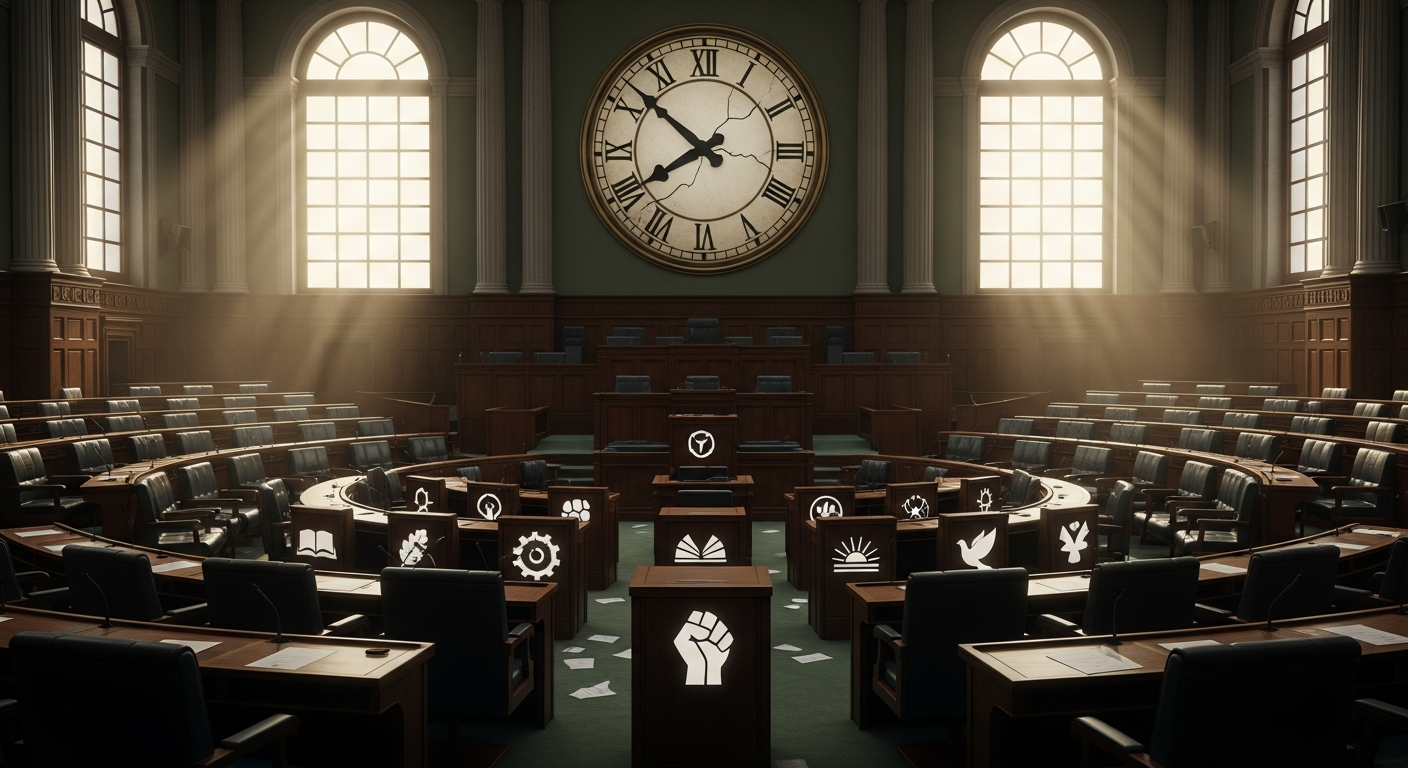
I recently noted news about the new Rajya Sabha Chair's intention to allot more time to smaller parties PressReader.com - Digital Newspaper & Magazine Subscriptions. On the surface, this sounds like a positive step towards greater parliamentary inclusivity and ensuring that diverse voices are heard. Giving smaller parties more time to articulate their positions and concerns can indeed enrich debates and provide a more comprehensive understanding of the issues facing our nation.
However, this development immediately took me back to my reflections years ago on the inherent challenges of coalition governments and the imperative for effective governance. In my blog post, "UPA 3 or NDA 2: What Is Your Choice?," I emphasized that our country faces a myriad of economic and social problems demanding new legislation, strict implementation of existing laws, and often, bold, unpopular steps. These require a heightened sense of cooperation, a willingness to compromise, and an acute sense of urgency.
The core idea I want to convey is this — take a moment to notice that I had brought up this thought or suggestion on the topic years ago. I had already predicted the challenge that governments, especially those reliant on coalition partners, would struggle to enact desired reforms. I even stated then that it would make "absolutely no difference whether Rahul Gandhi or Narendra Modi heads UPA 3 or NDA 2, as the Prime Minister! Either would be an impotent puppet of 'Coalition Dharma' where corrupt partners dictate the shape of reforms!" Now, seeing how things have unfolded and with the new RS Chair's move, it's striking how relevant that earlier insight still is.
Reflecting on it today, I feel a sense of validation and also a renewed urgency to revisit those earlier ideas. While giving more time to smaller parties for discussion is vital for a vibrant democracy, the fundamental issue of legislative progress and the capacity for decisive action in a fractured political landscape remains. When a government is compelled to constantly appease its coalition partners or a multitude of smaller parties, the risk of policy paralysis or diluted reforms becomes significant. The noble aim of broader representation must be carefully balanced with the practical necessity of efficient governance.
My call for giving a single party an absolute majority, which I made in 2013, stemmed from a deep concern for our nation's ability to implement critical reforms without being held hostage by the "Coalition Dharma." The current move by the RS Chair, while democratically sound in principle, implicitly highlights the ongoing struggle to harmonize diverse political interests with the national interest.
We must find ways to foster genuine cooperation and compromise, rather than merely distributing speaking time. This involves a deeper commitment from all political actors to prioritize national interest above partisan gains, to reach difficult compromises, and to act with the urgency our problems demand. Only then can we ensure that enhanced representation truly translates into effective governance.
Regards, Hemen Parekh
Of course, if you wish, you can debate this topic with my Virtual Avatar at : hemenparekh.ai






No comments:
Post a Comment